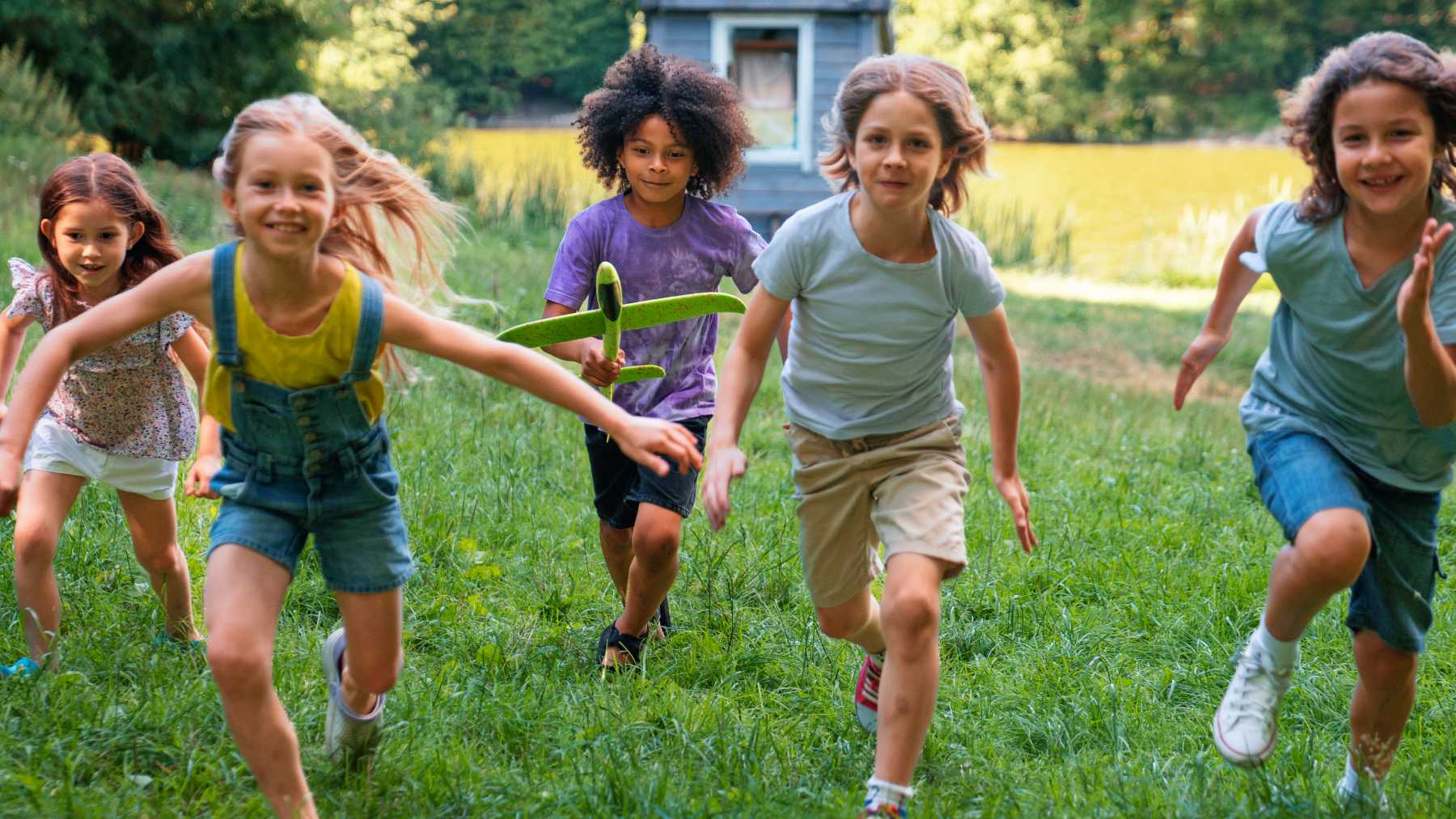Physical activity is essential for children’s health, but not all sports offer the same mental benefits. While baseball is popular in the US, another activity often flies under the radar despite its powerful impact on kids’ cognitive development: chess. This game may not get kids moving like traditional sports, but its benefits for mental sharpness, problem-solving, and strategy are profound.
Chess challenges children to think several steps ahead, improving their problem-solving abilities and decision-making. Unlike fast-paced sports, chess requires patience and mental endurance, helping kids build focus that benefits them in school and everyday situations. These cognitive advantages make chess an essential tool for sharpening young minds.
Why chess is a powerful tool for brain development
At first glance, chess might look like a simple board game, but it demands deep mental engagement. It improves memory as players learn and recall complex move sequences and strategies. Planning ahead is key—children must consider not only their own moves but also predict how their opponent might respond. This constant mental workout enhances analytical thinking and adaptability.
In addition to cognitive skills, this sport teaches emotional control. Players experience wins and losses, learning to handle both gracefully. This builds resilience and self-discipline, crucial traits for navigating challenges beyond the game. The strategic nature of chess also encourages creativity, as children imagine multiple possible outcomes and solutions.
Chess helps develop social-emotional skills too. Understanding an opponent’s potential moves requires empathy and perspective-taking. This ability to “step into someone else’s shoes” fosters better communication and cooperation in real life. For many kids, it becomes a way to practice social interaction and respectful competition in a structured setting.
Studies show that children who play chess regularly often perform better academically, particularly in math and reading comprehension. The focus and logical thinking sharpened by the game translate directly into classroom success. This makes chess not only a fun pastime but also an effective learning aid.
Other sports that sharpen children’s minds
Chess is exceptional for mental growth, but many physical sports also support cognitive and emotional development:
- Swimming: engages nearly every muscle group and enhances flexibility and posture. The soothing environment helps reduce stress and anxiety, promoting mental well-being.
- Basketball: combines physical agility with quick thinking. Players develop coordination, reflexes, and concentration while learning teamwork, respect, and tolerance.
- Judo: an ancient martial art that strengthens decision-making, balance, and reaction time. It teaches self-control, discipline, and confidence.
- Water polo: a demanding team sport that blends swimming skills with strategic ball play. It improves cardiovascular fitness and mental acuity.
- Soccer: builds endurance, speed, and coordination. It also develops attention to detail, spatial awareness, and teamwork, encouraging kids to analyze and anticipate game dynamics.
- Climbing: encourages problem-solving, fear management, and responsibility. It improves physical strength, coordination, and mental focus through constant decision-making.
Integrating chess with these physical activities creates a well-rounded routine that supports both brain and body development. Encouraging children to explore diverse sports helps them discover their interests while establishing critical life skills such as resilience, creativity, and collaboration.
For parents and educators, promoting chess alongside active sports can open doors to greater academic achievement and emotional maturity. Both mental and physical exercises contribute to shaping children into balanced, confident individuals prepared to tackle life’s challenges with a sharp mind and strong spirit.
